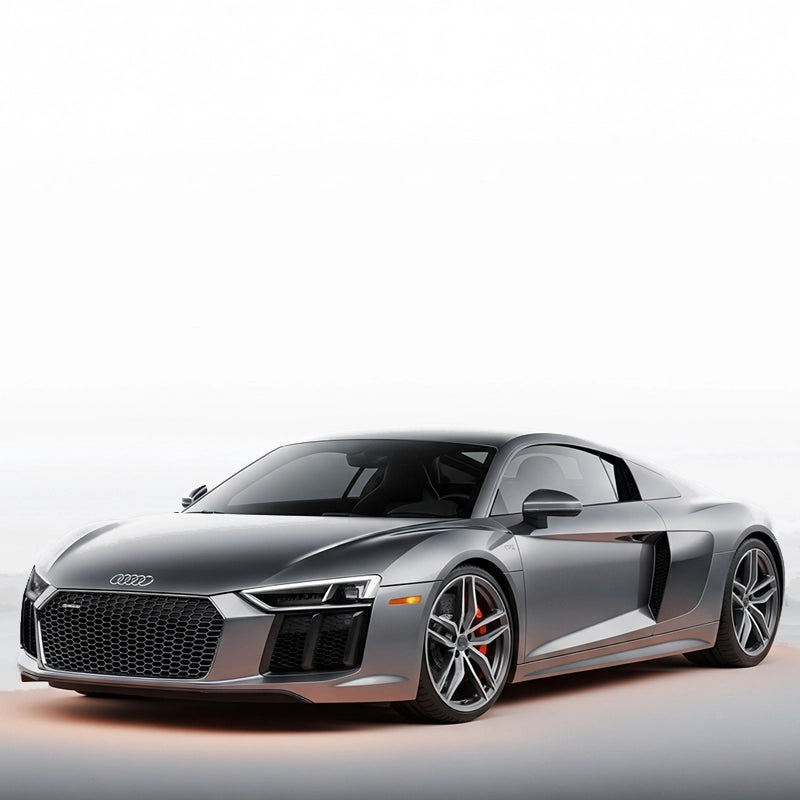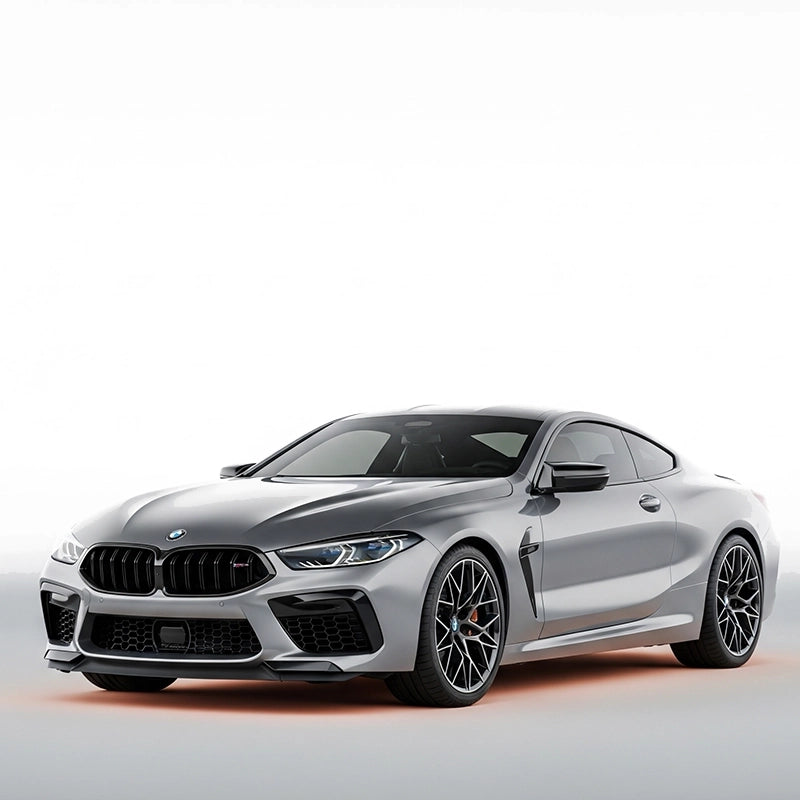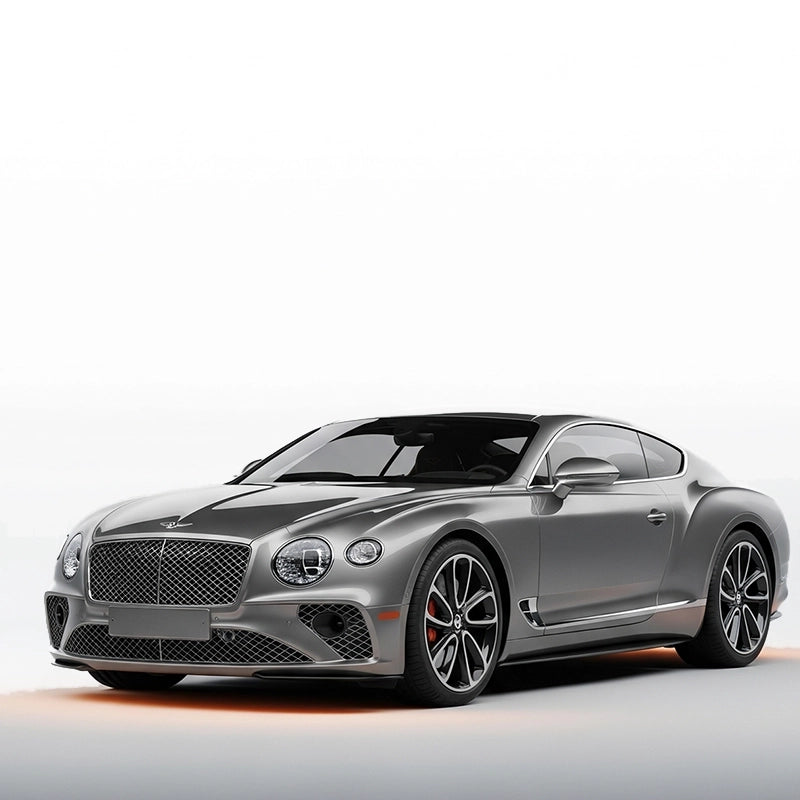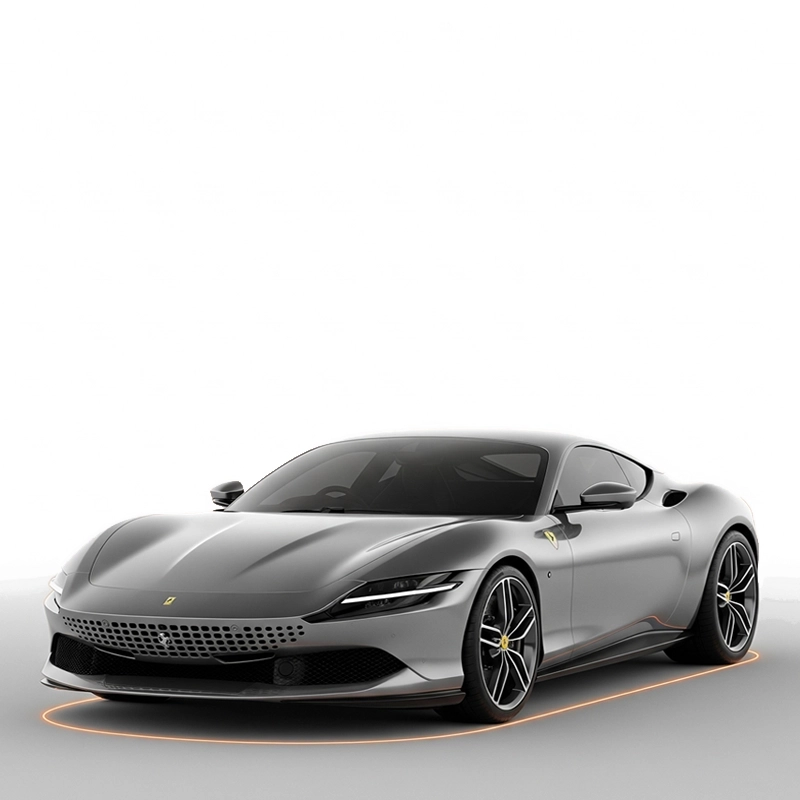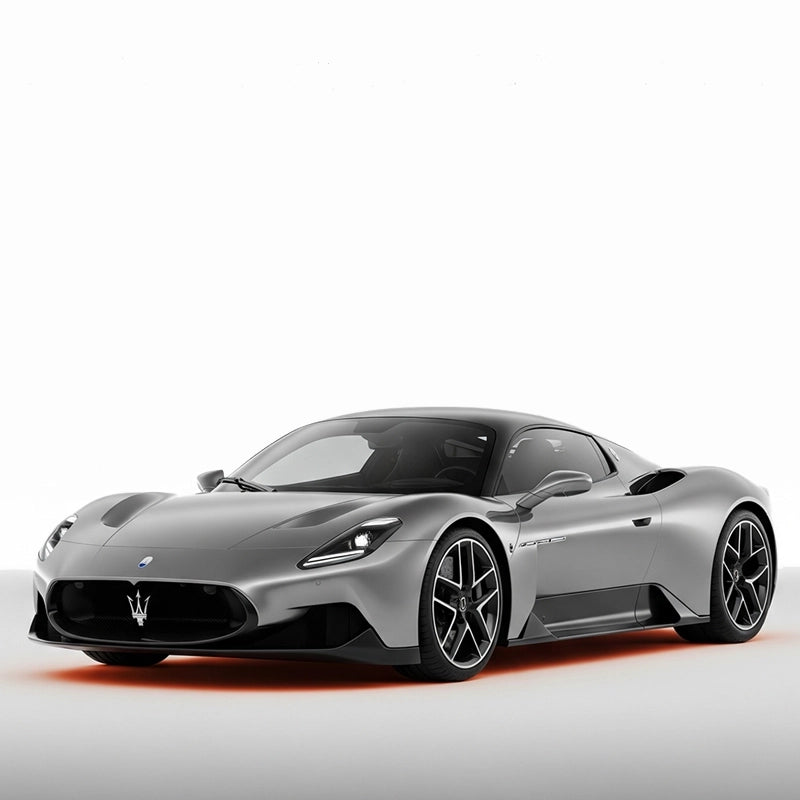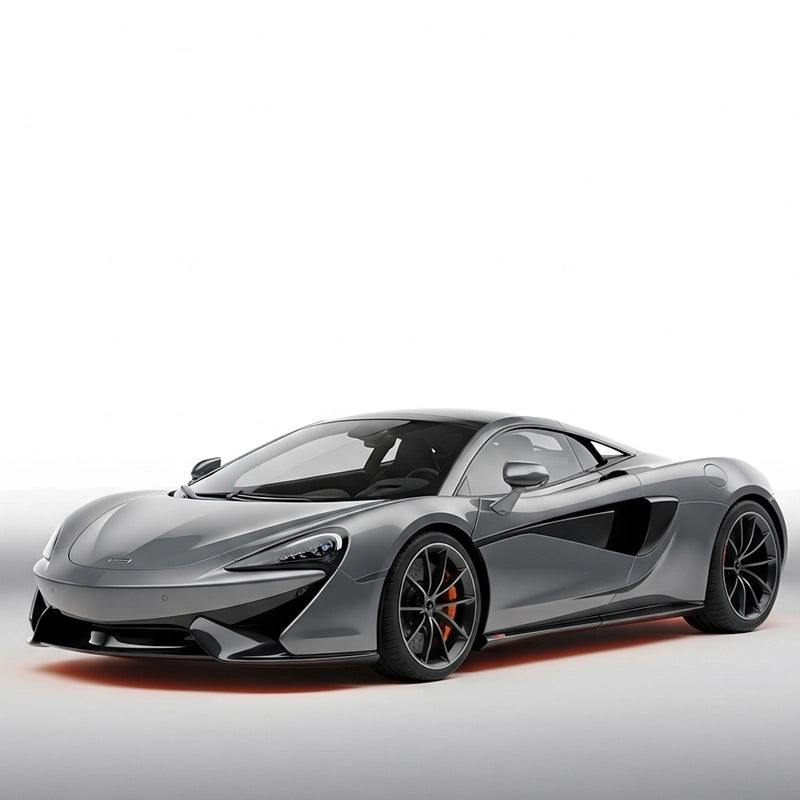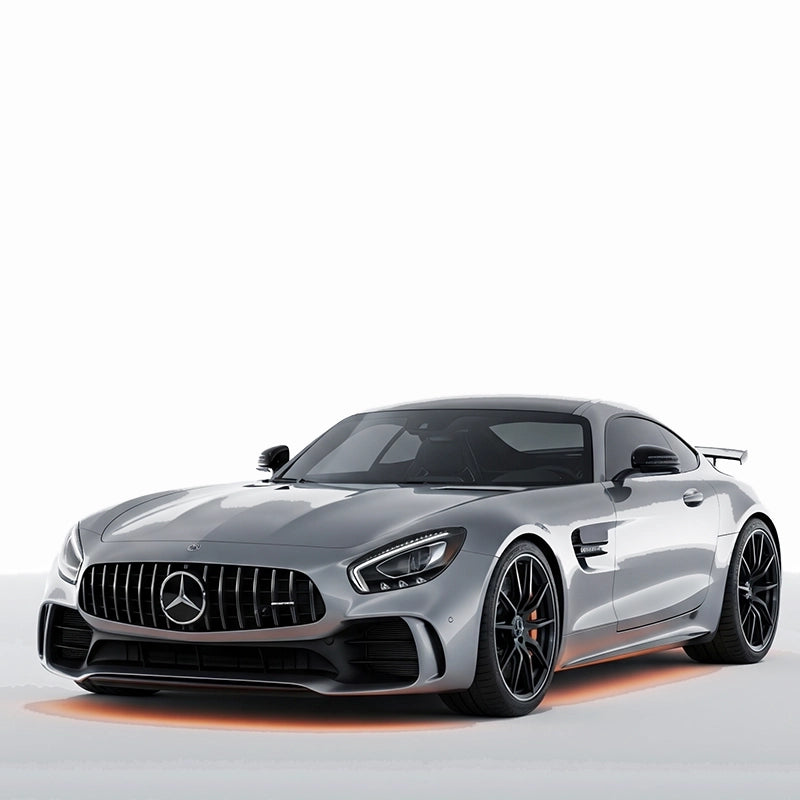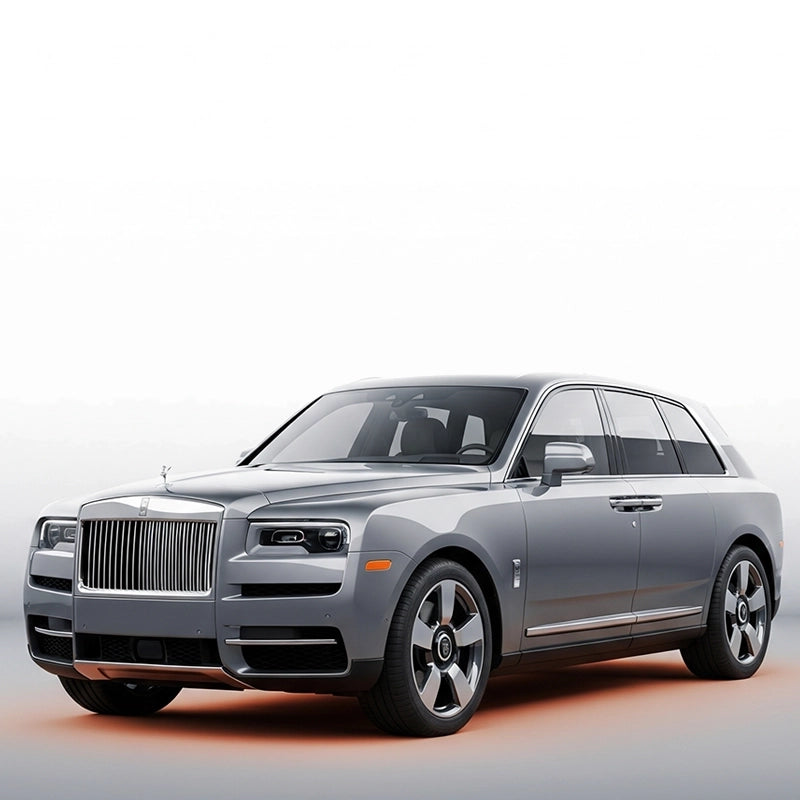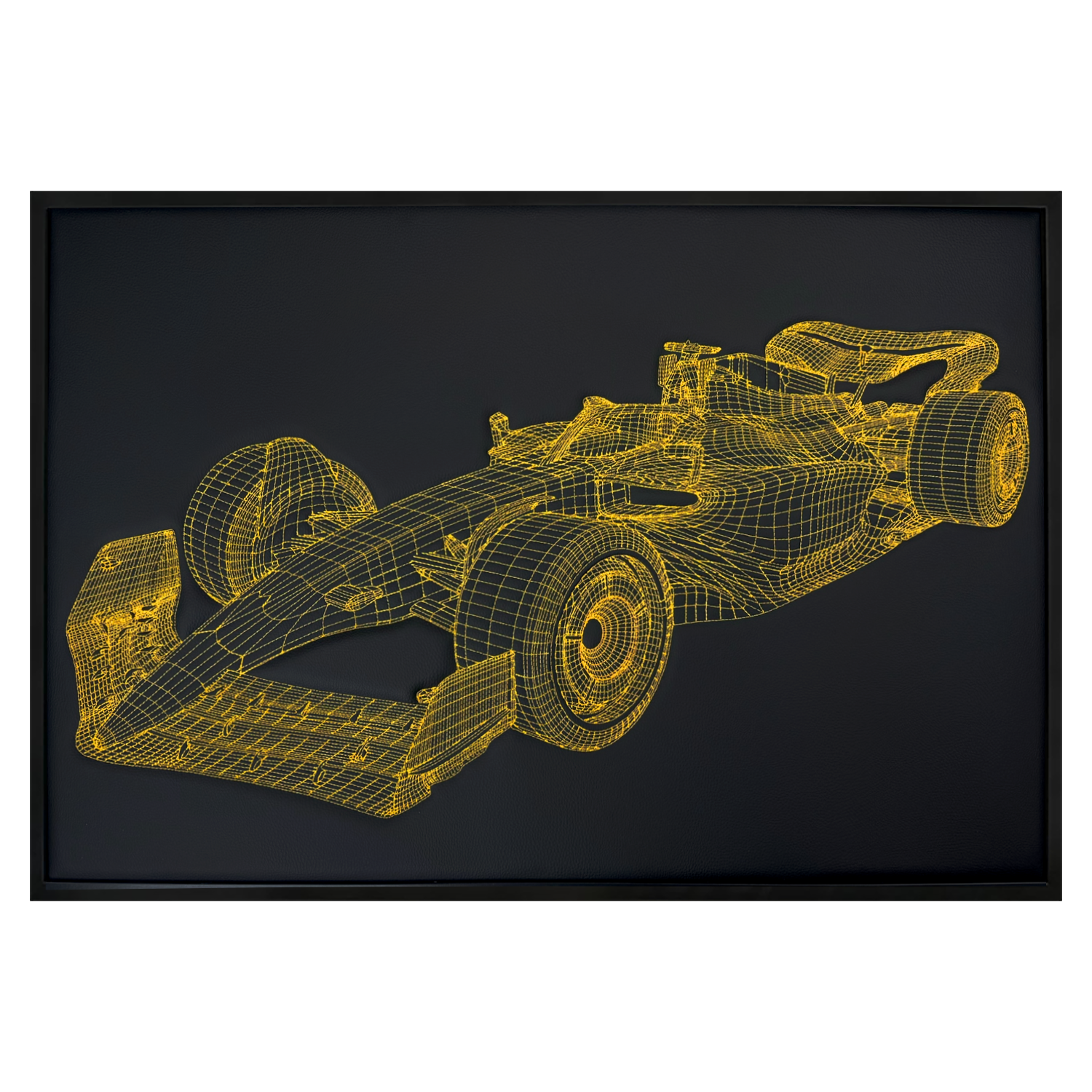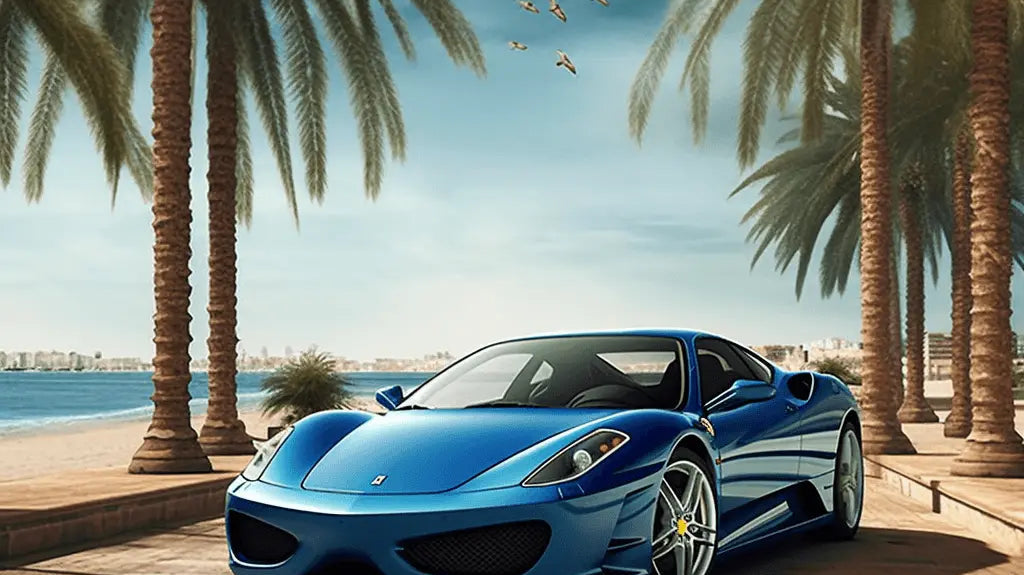The Fascinating Origins of the Word "Car"
Ask a dozen gearheads what the word “car” really means and you’ll get a dozen answers, most of them involving horsepower, freedom, and the faint smell of hot brake pads after a mountain run. But the word car itself? That rabbit hole goes far deeper. I first dug into it after a late-night pub debate following a classic rally—someone swore it was short for carriage. Close, but not quite. The word “car” traces back to something much fiercer.
It began with chariots. War chariots, to be precise. And once you know that, you never un-hear it when you say “car.”

Etymology Unveiled: From Carrum to Car
Etymology is where language meets history—and it’s oddly addictive. With the word “car,” the trail runs back to Latin: carrus (sometimes written carrum), borrowed from a Gaulish word for a two-wheeled Celtic chariot. The kind you’d hear before you saw: iron tires, the drumbeat of horses, a warrior hanging on grimly as the world blurred by. Lightweight, quick, and built to do a job.
Carrum: The Latin Ancestor of “Car”
I was reminded of this lineage while poking around a museum in Gloucestershire, staring at a reconstructed chariot with a surprisingly modern vibe—minimal mass, maximum effect. Romans used carrus for that contraption. Over centuries, the term drifted through Old North French as carre, then rolled into Middle English to describe carts and carriages. The core idea never changed: a wheeled thing that moves people and stuff faster than legs alone.
How the Word “Car” Changed Gears Over Time
By the 14th century, English speakers used “carre” for carts and horse-drawn carriages. Then, in the late 19th century, engineers bolted engines to frames and our vocabulary hit the throttle. At first, people said “motor car” or “automobile.” But language—like drivers—likes shortcuts. By the 1910s and ’20s, “car” had won the keys, especially in everyday speech.
| Era / Language | Word Form | Meaning | Notes |
|---|---|---|---|
| Ancient Gaul → Latin | karros → carrus/carrum | Two-wheeled chariot | Fast, agile, built for war |
| Old North French → Middle English | carre | Cart or carriage | Horse-drawn utility and transport |
| Late 19th–Early 20th c. | Motor car / Automobile | Self-propelled road vehicle | Early engineering and marketing terms |
| 20th c. to Today | Car | Everyday word for automobile | Short, simple, universally adopted |
When “Car” Beat “Automobile”
By the time my grandfather was learning to heel-and-toe, “car” was the word you used without thinking. “Automobile” remained for brochures and buff books; “motorcar” lingered in Britain a while, like tweed. But in daily life? Car won because it’s short, punchy, and human. The word just gets out of your mouth quicker—like a clean upshift.
The Word “Car” and What It Says About Us
That simple three-letter word carries more than metal. It’s school runs and ski weekends. It’s late-night drives when the radio lands on the perfect song. It’s a tiny space that can feel like a sanctuary—quiet enough to hear your kids arguing about who stole which fry. Even now, when I jump into a humble hatchback or a hulking luxury SUV, I still call it a car. And that feels right.
AutoWin: Elevating Your Driving Experience
I’m picky about interiors—especially the bits you touch and trash daily. Floor mats take the worst of it: muddy boots, sandy flip-flops, a latte that staged a jailbreak on a pothole near Santa Monica (don’t ask). That’s where AutoWin comes in with a properly premium take on an unglamorous hero.

Why Choose AutoWin?
- Premium materials: AutoWin mats look upscale and feel it—stitched edges, durable backings, the works.
- Your spec, your vibe: Color, material, pattern—customize your AutoWin floor mats like you option a car.
- Built to last: Designed to survive winter grit, summer beach runs, and the occasional dog with opinions.
- Easy to clean: Pop them out, hose them down, back to new. No drama, no lingering latte sins.
Discover AutoWin Today
Words evolve, and so do the parts we live with every drive. If your car is your daily companion, treat the cabin like home base. Explore AutoWin’s range and give your interior a proper upgrade.

In Conclusion: From Chariots to Cars
The journey of the word “car” runs from carrus—a Celtic war chariot—to the modern machine in your driveway. Same core promise, different era: speed, utility, movement. And while our cars now whisper down the road instead of clattering into battle, the lineage is there every time you turn the key or tap the start button.
If you love your car—and I suspect you do—make it yours. Little details matter. That’s why I rate kit like AutoWin floor mats: small upgrade, big daily payoff.
FAQ: The Word “Car”
What is the origin of the word “car”?
It comes from Latin carrus/carrum, borrowed from a Gaulish term for a two-wheeled Celtic chariot. The word passed through Old North French (carre) into Middle English, where it meant cart or carriage.
Is “car” just short for “carriage”?
Not exactly. They’re related, but “car” traces back through Latin and Gaulish roots, while “carriage” evolved along a parallel path in English. Same family tree, different branches.
When did people start saying “car” instead of “automobile”?
Early 1900s. “Automobile” and “motor car” were common at first, but by the 1910s–1920s, “car” had taken over in everyday speech because it was shorter and friendlier.
Why do some regions say “auto” and others “car”?
It’s cultural. In American English, “car” dominates; “auto” survives mostly in industry or headlines. Other languages stick with their own forms—Spanish “coche/auto,” German “Auto,” French “voiture,” etc.
Does “car” only refer to passenger vehicles?
In everyday usage, yes—passenger automobiles. In specific contexts (like rail), “car” can mean a railway car or freight car. Context is king.
Premium Accessories for Mentioned Vehicles
Custom-fit floor mats and accessories for the cars in this article

